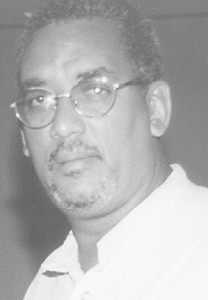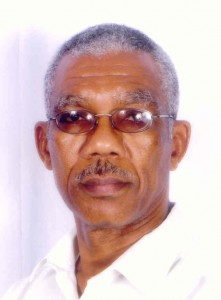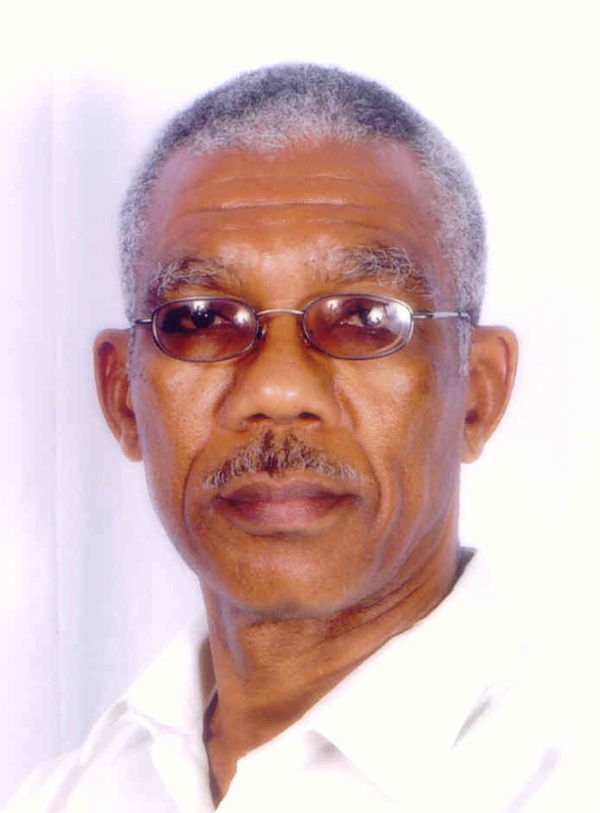-Kirton, Granger
Academic, Dr Mark Kirton and former senior army official, David Granger have opined that Venezuela must renounce its spurious, longstanding claim to the Essequibo before any oil pipeline to Suriname is allowed over this country’s land.

The two were responding to a question from Stabroek News at last week’s 2nd Annual United States Civil Military Relations Conference at the Grand Coastal Inn which was boycotted by the Guyana Government.
Kirton, who co-facilitated a discussion on national security with Brigadier (rtd) Granger, said that there must be an assessment of the potential impact of neighbouring states on the various dimensions of security.
“We have to look at Venezuela not only in the context of the traditional border line but from the perspective of its increasing petro diplomacy and the potential impact of the ALBA and Petrocaribe.”
Both Kirton and Granger contended upon being questioned by Stabroek News that Venezuela must proclaim a formal renunciation of its longstanding claim to the Essequibo as a prerequisite to the proposed oil pipeline to Suriname. This position was recently voiced by Alliance For Change Leader, Raphael Trotman.
Both facilitators noted with concern that in the domestic discussion, there was still the alarming usage of such words as “dispute” in reference to the Guyana-Venezuela border issue. Granger pointed out that the Guyana Venezuela border dispute was settled with the 1899 arbitral award which both parties had accepted as the full and final settlement of the matter.
Analysts have posited that Venezuela through the facility and philosophy of the Bolivarian Alternative (ALBA), in effect, may be pursuing regional and continental hegemony and this was something that Guyana had to be wary of.

Kirton contended that another security concern was the “presence” of a Brazilian population influx which must be viewed in the context of the country’s geopolitical framework of “living frontiers.”
Granger, a former national security advisor to the late President Desmond Hoyte, argued in his presentation that because of porous borders and the inherent difficulty associated with the policing of such borders, a formidable quantity of small arms was being smuggled into Guyana from Brazil. It was recommended that there be a greater involvement of border communities in the establishment and maintenance of a particular vigilance against the entry of arms.
Both facilitators bemoaned Guyana’s status as a transshipment point in a booming and prevalent international drug trade as a clear and present security threat.
Kirton moreover examined additional security issues pertinent to the Guyana scenario namely: The potential for corruption of state officials and institutions, the negative impact of money laundering on legitimate business and increasing levels of drug abuse and the attendant social consequences.
Kirton also posited that he accepts the refined definition of security as “protection and preservation of a people’s freedom from external military attack and coercion from internal subversion and from the erosion of the cherished political, economic and social values. These values include democratic choice and political stability in the political area, sustainable development and free enterprise in the economic domain and social equality and respect for human rights in the social area.” Kirton propounded that what this has indicated is that security is multidimensional.
He expressed the view that the challenges which Guyana face include environmental degradation, poverty and perceptions of inequality which must be seen as issues which threaten the development of Guyana and therefore must be regarded as security challenges for the country.
“There is also the view that where there are unjust economic and political structures which limit the access to basic national needs as well as unjust social arrangements, such societies are not secure.”
(Amar Panday)

